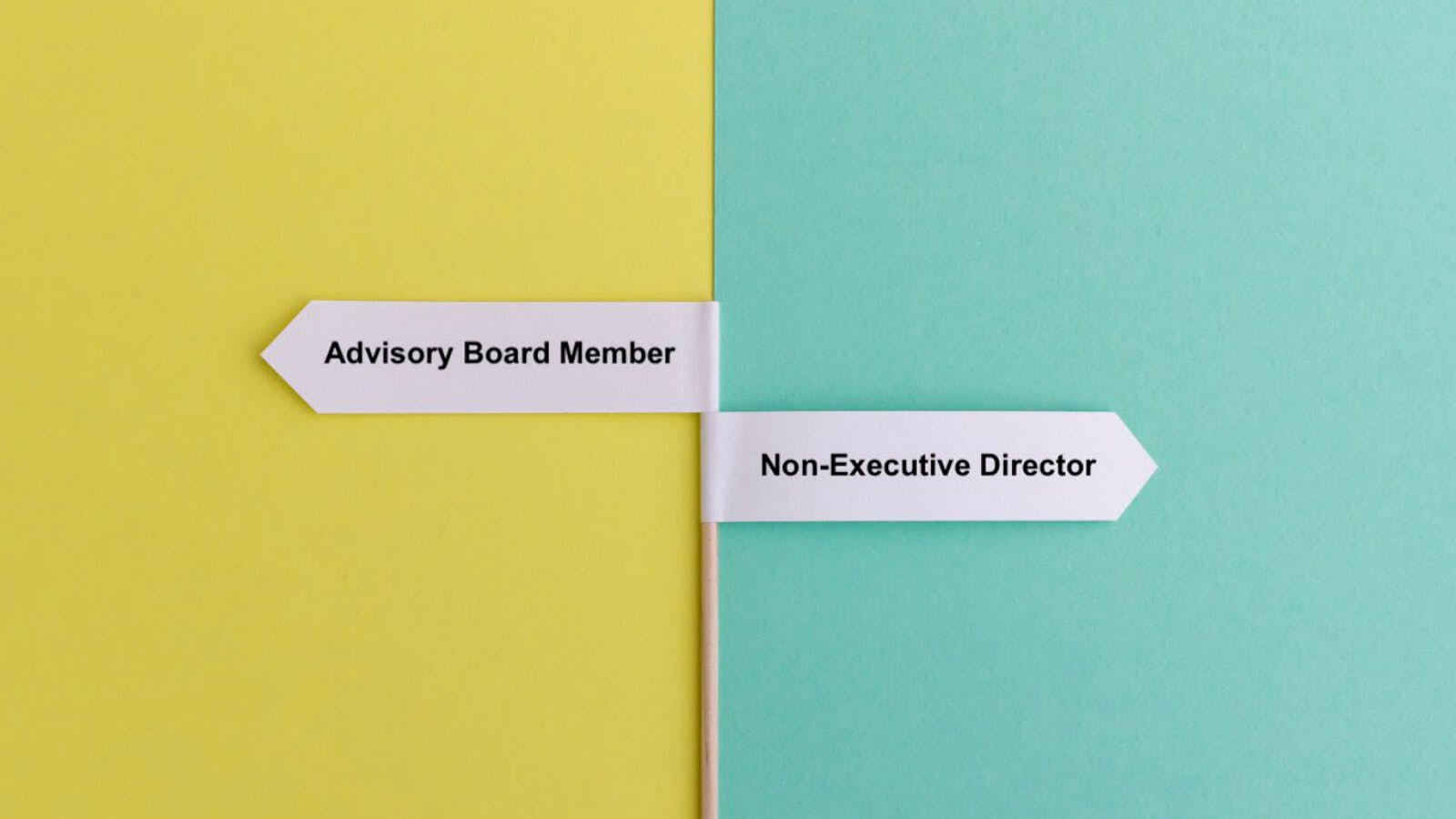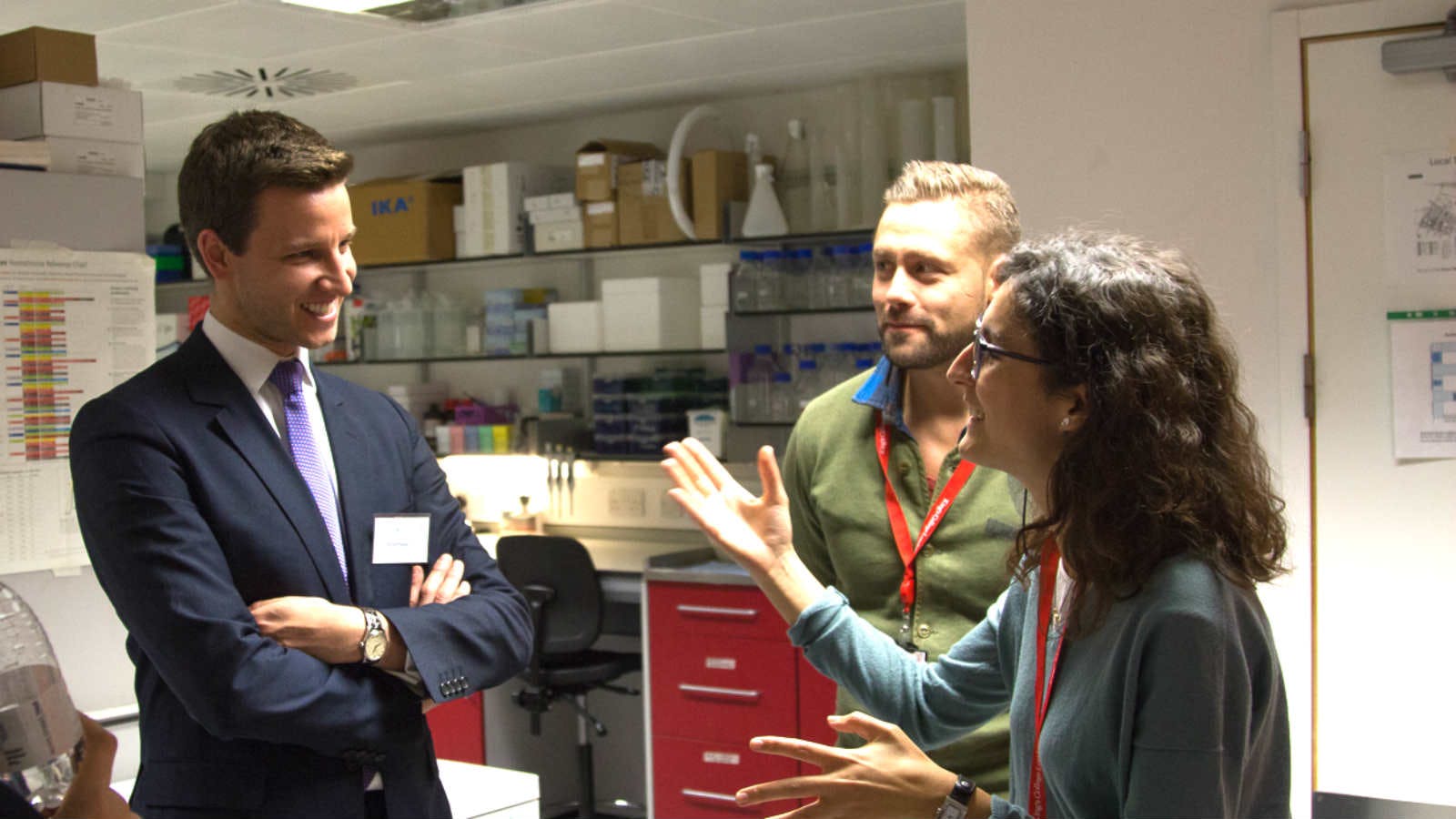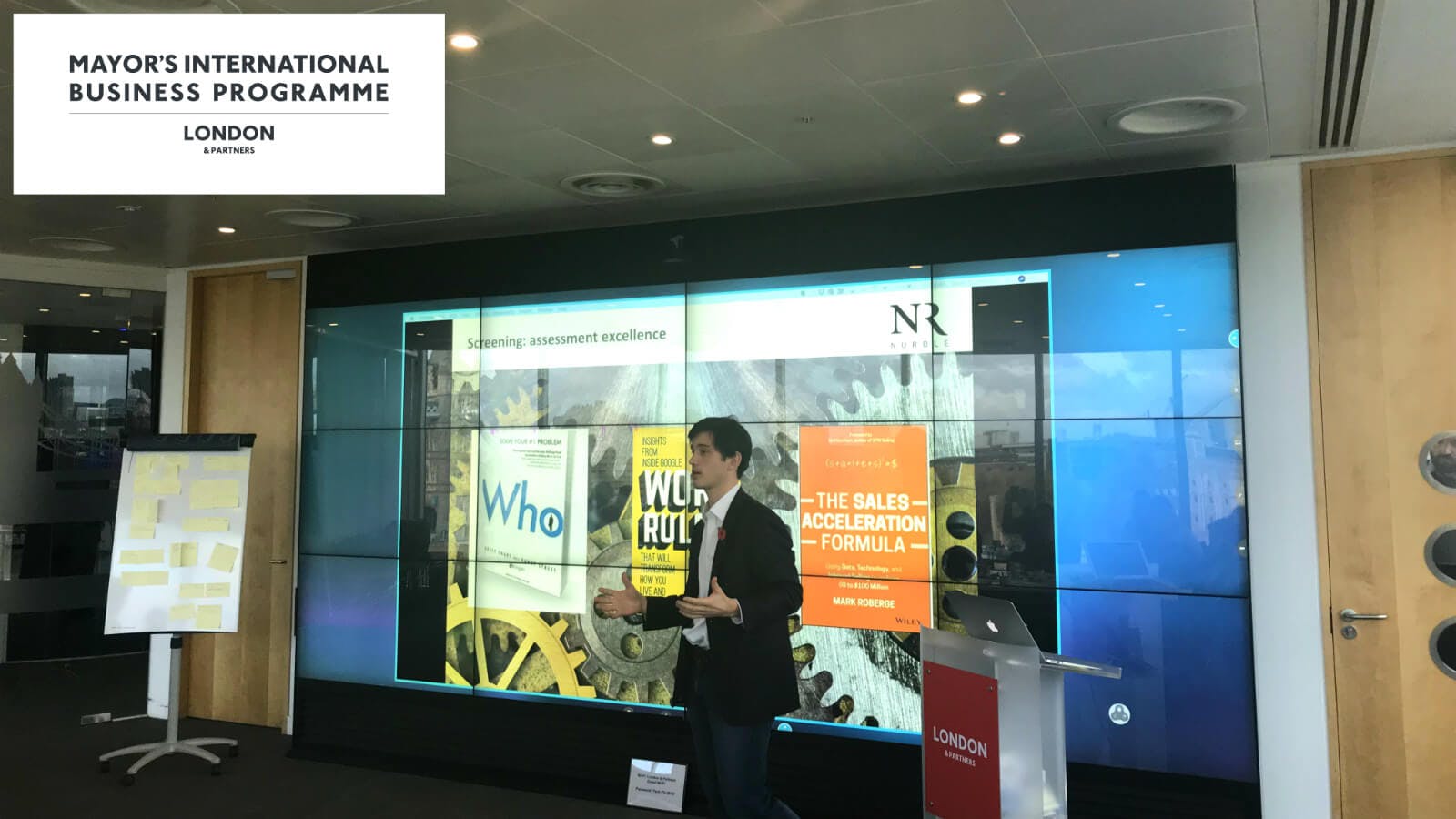
Nurole guide to CEO succession planning
Nurole polls FTSE 100 and FTSE 250 Chairs and HR Directors for their opinions.
Appointing the right CEO at the right time is one of the most important decisions a board has to make, so Nurole has conducted research around the topic by asking FTSE 100 and FTSE 250 Chairs and HR Directors for their opinions. 90% of those questioned agreed that having the right CEO is the most important part of any chair’s role, with 70% saying the chair should start succession planning the day they start.
As part of Nurole’s commitment to matching the right people with the right roles, this is our guide to successful CEO succession planning.
Five things you must do
1. Decide what your business needs
2. Look inside and outside your organisation
3. Liberate your talent
4. Be transparent
5. Plan for an emergency
Decide what your business needs
Past success does not guarantee future success, so it is vital to be aware of the skills necessary for what the business will look like in five years’ time and find the right person for that.
Very different people with very different skills have been successful at the same company because their skills have matched what was required at the time. Timing is key, but if you know exactly what you need, you can make the appointment much more easily.
Look inside and outside your organisation
Internal candidates should always be benchmarked against external ones. To be exclusively introspective is dangerous to the vibrancy of a company, breeding complacency and confining the idea of excellence to what has already been experienced.
Nurole can help you reach candidates you might not already know, ensuring that the best external candidates are able to be a part of your process beyond those you might already have considered.
Liberate your talent
Talent management goes beyond HR, requiring both board involvement and active mentoring.
Foster upcoming talent so that you have a deep bench to draw on when you need to consider future CEOs. Give internal candidates the development they need but do not anoint too early. Think about what the business needs will look like at the time of change.
The current CEO must be given the responsibility of growing one or preferably more possible successor candidates over various time scales.
Here's a few key points to consider:
- Pick people who are better than you.
- If they’re good enough, they’re old enough.
- If they have the appetite to rise, they will be fed the opportunity. If they don’t want the top spot that’s fantastic – they can stay doing a great job where they are.
- If they have the ability, they will be tested. Management need to work out challenges that will test their skills and character.
- If they have the chance to lead, they will show how they handle adversity when things go wrong.
- Have a programme to allow executives to get to know the board and how it works, such as an open chair in board meetings.
- One non-executive role can be invaluable for each potential candidate, otherwise your talent looks in the mirror all day long.
Consider pairing each board member with an executive, so the non-exec gets to know the executive beyond a name on a piece of paper and the executive gets an understanding of corporate governance.
Nurole can help your up-and-coming talent find external board roles for their career development.
Mentoring can be a useful way of developing talent.
Nurole recommends the following organisations to develop your talent:
School for CEOs (www.schoolforceos.com) helps organisations strengthen their succession pipeline and individuals prepare for senior leadership positions.
Ardfern AG is focussed on CEO effectiveness. Run by Norman Walker, they hold retreats for CEOs, details of which can be found at (www.nwalkerbbs.ch)
Be transparent
Agree on a timeframe and be clear on preserving the powerbase, ensuring the CEO is in charge until the day he steps down. You need to start early.
Involve all board members. The board needs to put in the time to get to know the next generation.
Including internal candidates can be risky. It is up to the chair to communicate with those candidates to ensure transparent and clear messaging to help manage disappointment. However, while it is important to be open and honest, it is also crucial to know when to keep information board-only to ensure that the process remains low-profile.
Candidates who do not get the job should be told why and how to improve in areas where they didn’t succeed.
Plan for an emergency
Emergency planning is vital for any diligently run business.
If you invest time developing internal talent and preparing your best people to step in if the worst should happen, there is the additional benefit that this gives you a headstart with your succession planning.
Emergency planning provides a convenient context to continually evaluate your top people, meaning you will be prepared once the succession planning process begins in earnest and ready to benchmark against the external market.
How Nurole can help
Part of training up that talent is assisting them with positions on boards so that they develop a strong knowledge base from other perspectives.
Nurole is uniquely placed to open up the board room appointments so that members of the executive team can find these posts.
Many thanks to our contributors
- Sir Roger Carr, Chairman, BAE Systems plc
- Jonathan Lawrence, previously Group Vice President & HRD, Intertek plc
- Glyn Jones, Chairman, Aldermore Group plc
- Martin Thomas, Chairman, Lancashire Holdings
- Nigel Rich, Chairman, Segro
- Caroline Burton, Chairman, TR Property Investment Trust plc
- Susan Searle, Chairman, Woodford Patient Capital, Deputy Chair, Mercia Technologies plc, NED, Benchmark Holdings, Horizon Discovery, QinetiQ Group plc
- Rupert Robson, Chairman, Tullett Prebon plc
- Simon Laffin, Chairman, Flybe Group plc & Assura plc
- Philip Rogerson, Chairman, Bunzl plc
- Andrew Allner, Chairman, The Go-Ahead Group plc
- Sir John Peace, Chairman, Standard Chartered plc & Burberry plc
- Conor Boden, Head of Board Development, Advent International
- Martin Burgess, EVP HR & Communication, Cobham plc
- Anita Frew, Chairman, Croda International plc
- Andrew Sykes, Chairman, SVG Capital plc
- Justin Dowley, Chairman, Intermediate Capital Group plc
- Alastair Lyons, Chairman, Admiral Group
- Nikki Rolfe, Group HRD, Rexam plc
- Andrew Beeson, retired Chairman, Schroders
- Helen Mahy, Chairman, The Renewables Infrastructure Group Ltd
- Alison Carnwath, Chairman, Land Securites
- Kevin Beeston, Chairman, Taylor Wimpey plc
- Gareth Davis, Chairman, Wolseley, DS Smith & William Hill
- Andy Green, Chairman, IG Group
- Nigel Sullivan, Group HRD, TalkTalk plc
- Charles Gregson, Chairman, ICAP
- Mark Williamson, Chairman, Imperial Brands plc
- Allan E Cook CBE, Chairman, Atkins
- James Hughes-Hallett, Chairman, John Swire & Sons
- Philip Aiken, Chairman, Balfour Beatty/Aveva






